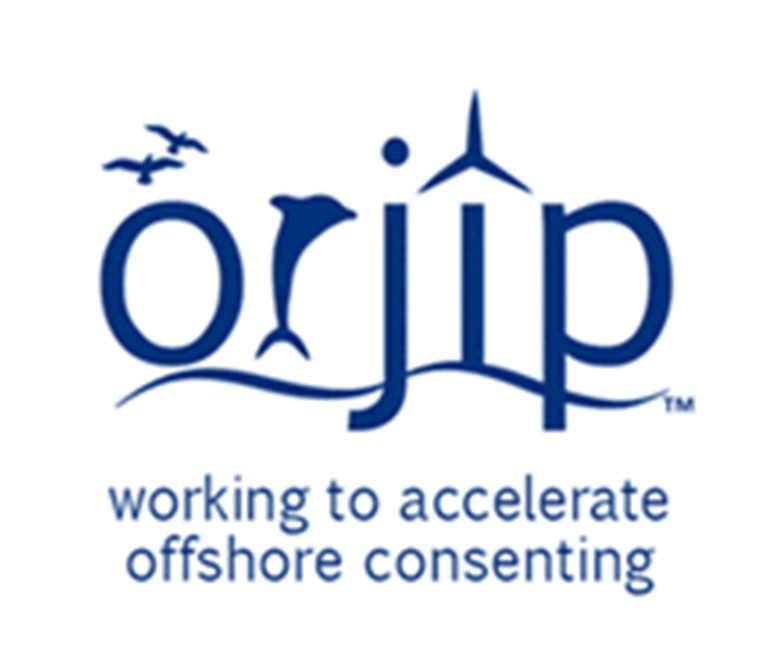

Environmental R&D and innovation priorities for tidal lagoon projects
Planning and Consents Business Manager, Natalie Frost, recently presented at the combined Offshore Renewables Joint Industry Programme Ocean Energy (ORJIP OE) and NERC Workshop on Environmental Research and Development and Innovation Priorities for Tidal Lagoon projects held on 3 May 2017 in Bristol.
A combined Offshore Renewables Joint Industry Programme Ocean Energy (ORJIP OE) and NERC Workshop on Environmental Research and Development and Innovation Priorities for Tidal Lagoon projects, was held on 3 May 2017 in Bristol. By working collaboratively, the ORJIP OE and NERC Innovation team aim to develop a consolidated UK view of the evidence, research and innovation priorities going forward.
The workshop focussed on the key environmental and consenting challenges facing tidal range projects, and previous scoping undertaken by NERC in relation to Research and Development needs of offshore renewable energy generally.
Key topics for discussion included the use of numerical modelling to inform environmental assessments, potential impacts to mobile features and the provision of effective mitigation and compensation.
Natalie Frost, Head of Planning and Environment at ABPmer, gave a presentation outlining the importance of having a fully developed mitigation and compensation strategy when considering tidal lagoon projects within protected environments.
This included the rationale for habitat compensation requirements along with the range of available options for effective delivery. Lessons learnt from already implemented projects were also presented based on a synthesis of data from our habitat creation database.
Information gathered from attendees will be used to identify research priorities going forward.
All of the presentations made at the workshop will be available on the ORJIP Ocean Energy website.


